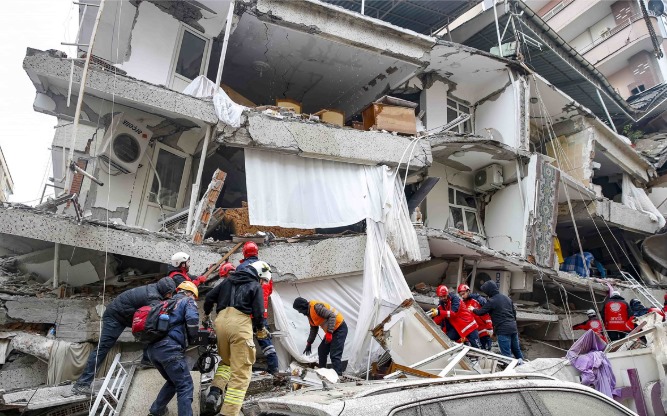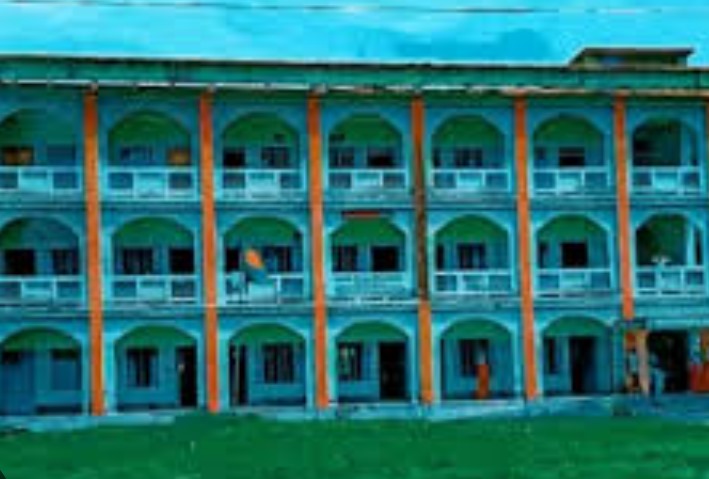Earthquake
An earthquake is a natural disaster that occurs when there is a sudden release of energy in the Earth’s crust, causing the ground to shake. This energy release happens because of the movement of tectonic plates, which are massive sections of the Earth’s surface that constantly shift and interact. When these plates grind against each other or collide, stress builds up until it is released in the form of seismic waves, resulting in an earthquake. Earthquakes can vary greatly in intensity, from minor tremors barely felt by people to massive quakes that cause widespread destruction.
The effects of an earthquake depend on several factors, including its magnitude, depth, location, and the type of soil or rock beneath the surface. Large earthquakes near populated areas can lead to severe damage to buildings, bridges, roads, and other infrastructure. They often result in loss of life, injuries, and displacement of communities. Secondary hazards like tsunamis, landslides, and fires can also occur as a consequence of an earthquake, further increasing its destructive impact.
Seismologists use instruments called seismographs to detect and measure earthquakes. The magnitude of an earthquake is commonly reported using the Richter scale or the moment magnitude scale, which quantify the amount of energy released. The intensity of shaking is described by the Mercalli intensity scale, which focuses on the effects on people and structures.
Preparedness and early warning systems are crucial in minimizing earthquake damage and saving lives. Countries in earthquake-prone regions invest in building codes designed to make structures more resistant to shaking. Educating people about earthquake safety, such as “Drop, Cover, and Hold On” during tremors, helps reduce injuries.
Although earthquakes cannot be prevented, understanding their causes and improving response strategies can lessen their devastating impact. Continued research, monitoring, and public awareness play vital roles in reducing the risks associated with earthquakes and protecting communities around the world.




